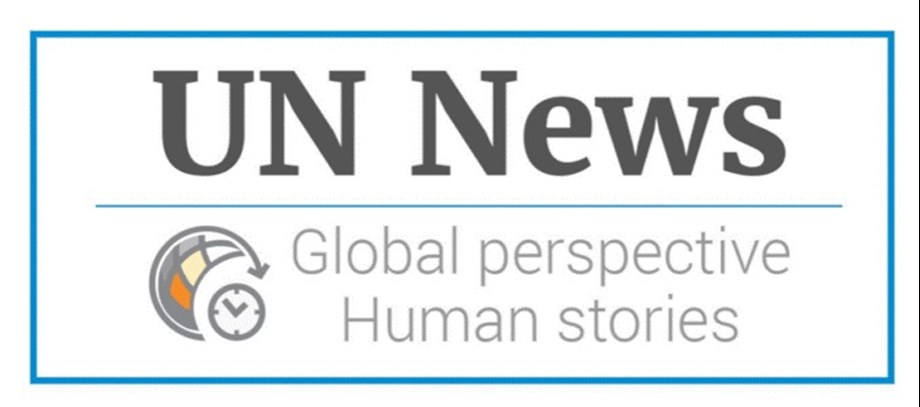Stopping the march to famine: a blog by the United Nations Resident Coordinator
[ad_1]
People desperately want to tell their stories
“I recently traveled up the west coast of Yemen, along a narrow strip of land between the front lines, to try to reach households that have not really been able to access humanitarian aid. The people of these regions desperately wanted to tell their story.
Usually, it is the mothers who want to tell you how much they struggle to access school for their children, water, food or hospitals. It is a cry for help, a cry to which we must pay attention.
In one place, we saw a school that had been destroyed in mortar attacks, and the area was contaminated with landmines, so harvesting was not underway. Clean water and medical assistance were on the other side of the front line, and people felt totally stuck on all sides.
UNOCHA
We hear these kinds of stories over and over again and every two or three days I read reports of another landmine or unexploded device injury, and it’s usually a child.
Massive gaps in emergency funding
Fortunately, we were able to obtain enough funding, especially between April and June, to stop the march towards famine, but it is fragile and it must be supported.
We’ve received about $ 2.1 billion so far, and last week we saw additional pledges of about $ 600 million. So that brings us a little closer, but we are still below the total requirements.
There are huge gaps in areas such as health, education, water, sanitation, protection support for the eradication of landmines and unexploded ordnance. All of these areas are around 80 to 85 percent underfunded.
We have been able to reach children at risk of malnutrition, but funding must continue until the end of this year until 2022. And we must start preparing for this push for more funding during the year. future.
The COVID-19 pandemic is complicating an already very difficult situation. I have visited many hospitals in the field and seen how crowded they are. Because the clinics no longer operate outside the provincial capitals, there is a lack of space and the beds are full. Mothers have been turned away and told to go to another province.
So COVID-19 only adds to this burden on top of everything else, including the many other diseases that are affecting the Yemeni people.
 © UNICEF / Saleh HayyanA one-and-a-half-year-old girl is treated for malnutrition in a hospital in Yemen.
© UNICEF / Saleh HayyanA one-and-a-half-year-old girl is treated for malnutrition in a hospital in Yemen.
The United Nations can make a difference
There are three things we really need in Yemen right now. One is to support the humanitarian response and prevent people from falling into starvation or acute malnutrition.
The second is to take a step back and see why this humanitarian catastrophe exists. It is of course related to the war, but the war destroyed the economy and most of the jobs were lost so people don’t have the income to buy food. Even in the midst of conflict, we need to have a more economic approach to complement humanitarian aid, and find ways to unblock the economy and help businesses open up wherever possible, and generate jobs and income so that families can buy their own food.
And of course, the third element we need is a political settlement to end the conflict. However, we don’t have to wait for a political settlement to start economically. We can do a lot now, if we can mobilize the political will.
Eventually, it will end. These things always do at some point. My biggest fear right now is that this conflict will drag on and on. I have worked in other countries where this kind of situation has been going on for 20 or 25 years, and it fundamentally transforms the country to the point where it cannot go back to social norms and development that existed before.
I accepted this job because I think there is real hope to make a difference, but now is the time to stop this conflict, before losing a whole generation of young people who will only know war.
Visit UN News to learn more.
[ad_2]

